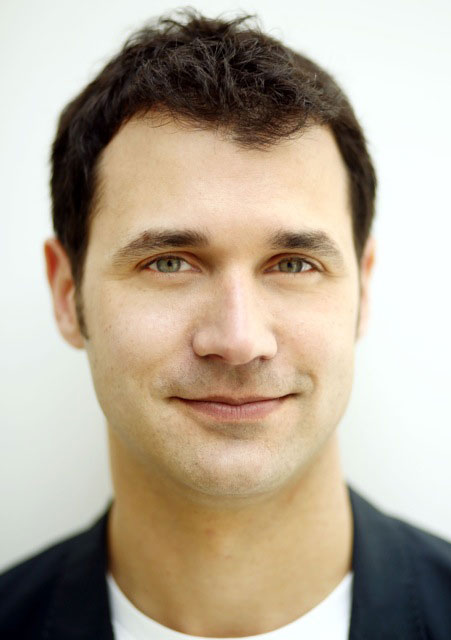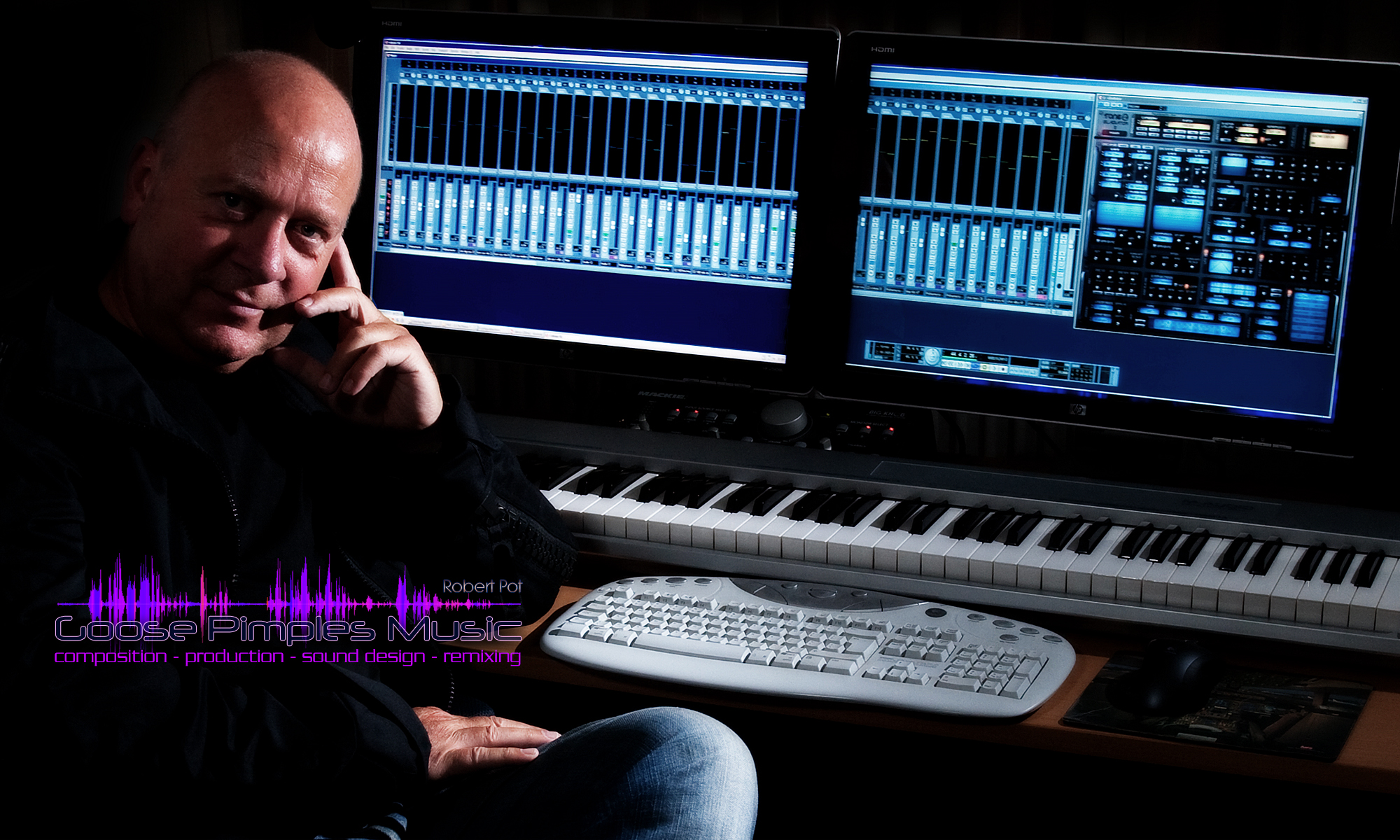On getting started as the Game of Thrones composer
 I had not read the books. I knew of them. The creators David Benioff and D.B. Weiss reached out to me and sent me the first two episodes of season one to watch and see what I thought. Then we got together and talked creatively about the complexity of the story and characters. It was important for them to make sure the different characters and plots were musically supported. Music can help so much to guide the plotline. After our conversation, I eagerly started writing for the first episode.
I had not read the books. I knew of them. The creators David Benioff and D.B. Weiss reached out to me and sent me the first two episodes of season one to watch and see what I thought. Then we got together and talked creatively about the complexity of the story and characters. It was important for them to make sure the different characters and plots were musically supported. Music can help so much to guide the plotline. After our conversation, I eagerly started writing for the first episode.
We also talked about the main title theme. The main title designer invited me over and showed me an early cut, a rough outline of the map that appears in the opening picture. That inspired me.
A lot of the music was based on conversations with Benioff and Weiss. They had a great vision for what they wanted in the show. They said, “We’ve got to find our own sound and our own tone.” It’s such a fantasy world and they never wanted to go too traditional. There’s room for modern electronic sounds without overdoing it. I tried to find the sweet spots for the modern sounds.
Beginning a project is always the hardest part. Once you have your palette set up then you can deal with how to expand and develop it. Working on this project has been really amazing. As the characters and plot develop, I’m pushed in new directions.
On Game of Thrones’ musical themes evolving throughout the show
One good example is the Lannister (family) theme, which was played at the “Red Wedding” (in season three). The first time you hear that theme is the first episode in season two when Tyrion Lannister whistles it. It’s fun to hint at themes early on in the show as a means of foreshadowing later episodes.
On recording the music
A lot of the recording is done by solo musicians. The bigger scenes are recorded with a full orchestra and a choir in Prague. I use the Internet to communicate with the musicians during recording sessions. I’m going to try to go on set next season.
On the Berklee experience
I was a dual major in film scoring and guitar performance. At the time, I was very interested in just playing guitar, being in a band, and getting signed. The music I was writing lent itself to film. Film music is a big passion of mine. Berklee showed me I could do both.
Attending Berklee was a fantastic experience. I showed up from Germany with just a guitar, no equipment or amps. Berklee’s top-quality technology allowed me to better my craft. Berklee does a great job of taking you all the way from theory to real-world application.
On what students should know
While at Berklee you should soak up as much information and technology as you can. It kind of shapes you into having the right attitude when you get into the real world. Get an internship. Know how to work your way up in the business. You’ve got to be able to hang in music.
On getting inspired to be a composer
The Magnificent Seven might have been the movie that inspired me to get into film. The movie was on TV when I was a kid and my dad taped it. Something went wrong so I only saw the last 40 minutes of the movie and it was in black and white. Still, I watched it over and over again. Years later I saw the whole movie and it triggered something in me. It’s so incredibly catchy; you can sing the music on its own. That’s what film music is supposed to do. It’s supposed to tie you into the film. It creates a voice that supports the uniqueness of each TV show or film. If you listen to the music without the picture and close your eyes, you can be transported into that movie or TV show.
Source: http://www.berklee.edu/news/behind-scenes-game-thrones-composer
